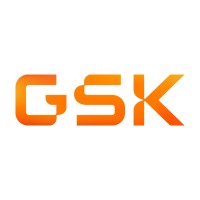
Staff Emulation Engineer
Alphawave Semi
Posted: 118 days agoPerlPythonShell Scripting

Ignition SCADA Engineer
Engineering Group
Posted: 30 minutes agoERPJavaPythonVBA

Computing Engineer I
GSK
Posted: 33 minutes agoAnsibleAWSAzureCloudDockerJavaJenkinsKubernetesNode.js+4 more

BESS Project Engineer
Leidos
Posted: 1 hour ago
Principal Electrical Controls Engineer – Data Center Infrastructure
Jabil
Posted: 1 hour agoCloud

Undergraduate Process Engineer Intern – Consumer Business Group
3M
Posted: 1 hour agoAssembly
Select a job to see details.